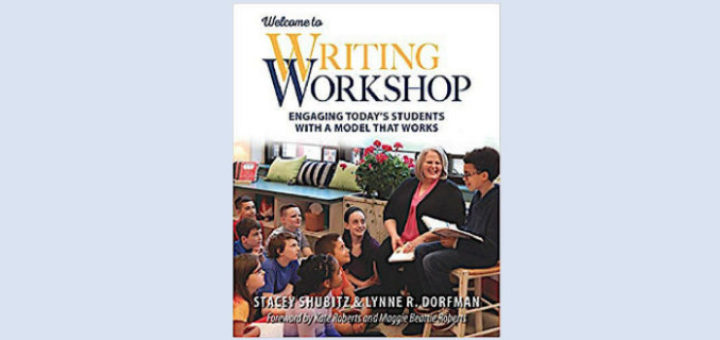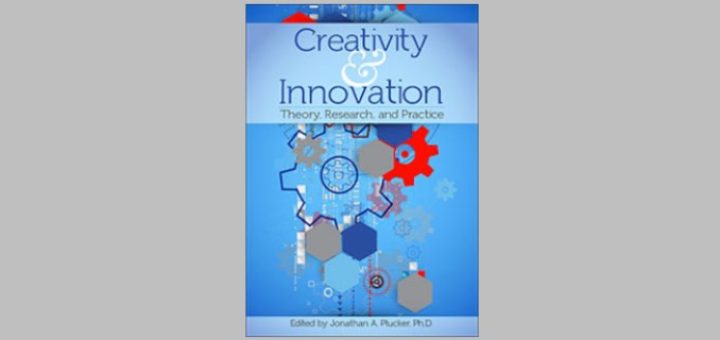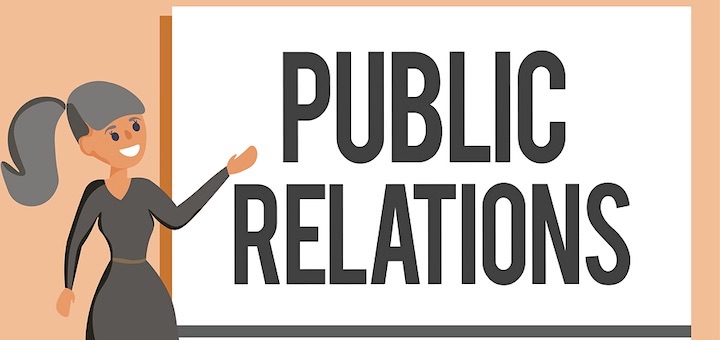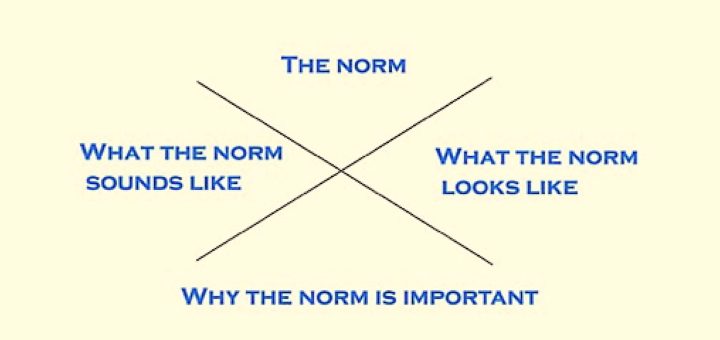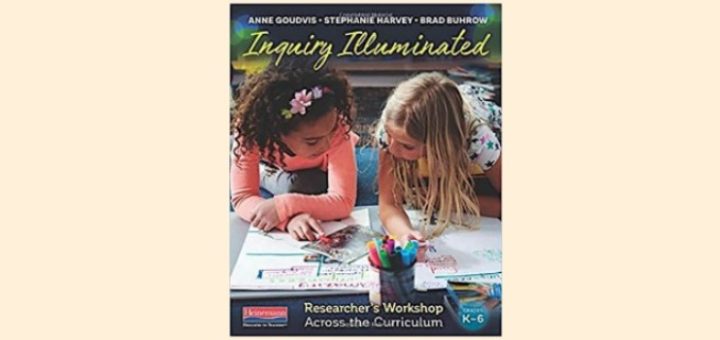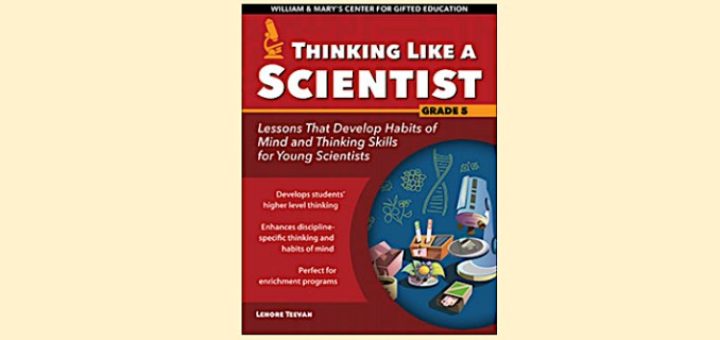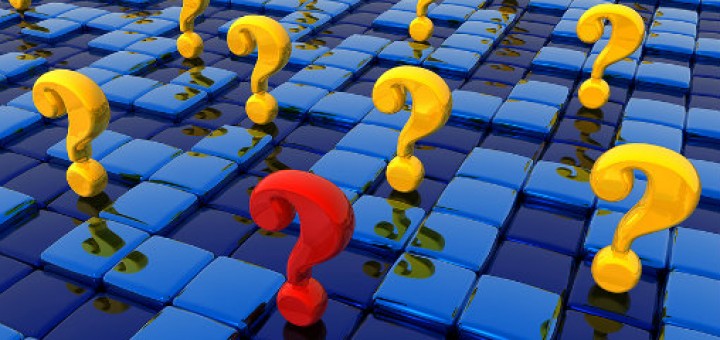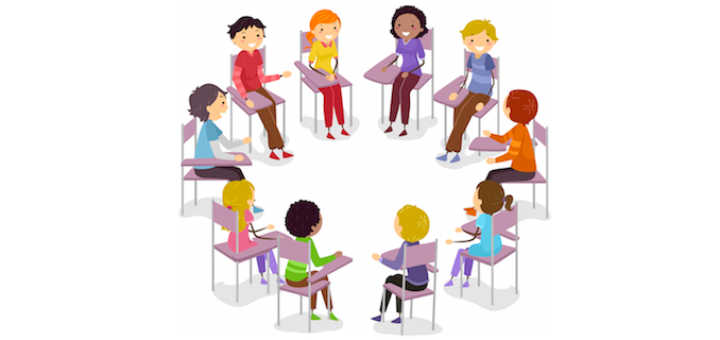Teaching and learning in grades 4-8
Class environment, student attitude toward writing, student choice, and teachers who write with kids are overarching themes that help to make Welcome to Writing Workshop a good resource for creating a productive writing program, says 5th grade teacher Kathleen Palmieri.
Jonathan Plucker’s book is for teachers and administrators who want to extend their understanding of creativity beyond the surface level and to rethink how their schools can better support their students as creative thinkers, writes teacher Claire Reddig.
What would you like for your students, families, faculty and stakeholders to know about your school? How can you be sure your messaging reaches audiences quickly and effectively? Three experienced leaders share basic tools like “smart goals” to keep your public relations plans on course.
It’s not enough to set classroom norms and post them on the wall, says author and instructional coach Geoff Krall. We have to teach them and live by them. Here are some of his strategies for teaching and reflecting on norms in ways that really support student learning.
Sometimes learning can get lost in a maze of academic vocabulary. As students move through the school day, they encounter hundreds of terms/concepts in a variety of contexts and content areas. How to help? Curtis Chandler shares lots of options for ELA and ELL teachers.
The workshop model moves beyond literacy in Inquiry Illuminated. The authors present science and social studies in a workshop framework, engaging students from research to presentation. Literacy specialist Andrea Doyon recommends the detailed book to teachers and districts.
Thinking Like a Scientist provides strategies to encourage students to explore and understand how scientists approach problems, investigations and research. The detailed lessons can be used in grades 5-8, writes educator and former research scientist Laura Von Staden.
To foster social studies students who are more curious, collaborative and invested, Katie McGrath worked with a district team to hone essential questions and develop a process of “micro-progression” that leads each student to understanding. Steps and examples included!
‘Smart pills’ are often marketed to students as a way to fire up the brain and excel academically. Media literacy expert Frank Baker uses a familiar radio ad and other examples to suggest lesson ideas that can actually boost their critical thinking and listening skills.
Students love to talk! And that’s mostly a good thing, if teachers can harness the natural social drive of tweens and teens “and use it to pull the wagon of content learning through whole-class discussions.” Try Rita Platt’s proven step-by-step map to discussion success.

